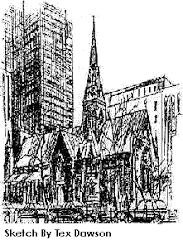(b Lodi, 1615; d Milan, April 1684). Italian composer. He was maestro di cappella
at Crema Cathedral from 1635 until at least 1640, and was made priest
there in October 1638. He, along with his father and two brothers,
received payments from the Consorzio del SS Sacramento, Crema. He worked
in Piacenza from 1644, in Novara from 1648 to 1666 and then at S
Antonio, Milan. In 1650 he competed for the office of maestro di cappella
of Milan Cathedral, but was passed over in favour of M.A. Grancini.
After Grancini’s death in 1669 he competed again, together with, among
others, Bagatti and Legrenzi. Grossi and Legrenzi were classified as the best; after a new poll Grossi
was elected on 28 November 1669 with an annual stipend of 1500 lire,
which was increased to 1800 on 11 December 1670. He kept this post until
his death. From autograph annotations on some compositions we know that his father, Domenico, was a ‘basso ecclesiastico’ and his brother Giovanni Battista organist at Fontanella in northern Italy.
Grossi was a prolific composer of sacred music. The poetic texts he set are mostly Latin (only some canzoni spirituali
are in Italian). Although he had a mastery of polyphonic technique (he
often wrote for four or five choirs), he preferred writing for a small
number of voices, often in the form of the sacred dialogue. His solo
motets, some ‘con eco’, are really spiritual cantatas. His style is
unoriginal but agreeably melodic and sometimes pathetic; in his monodic
pieces it tends towards arioso.
- Grove Music Online
